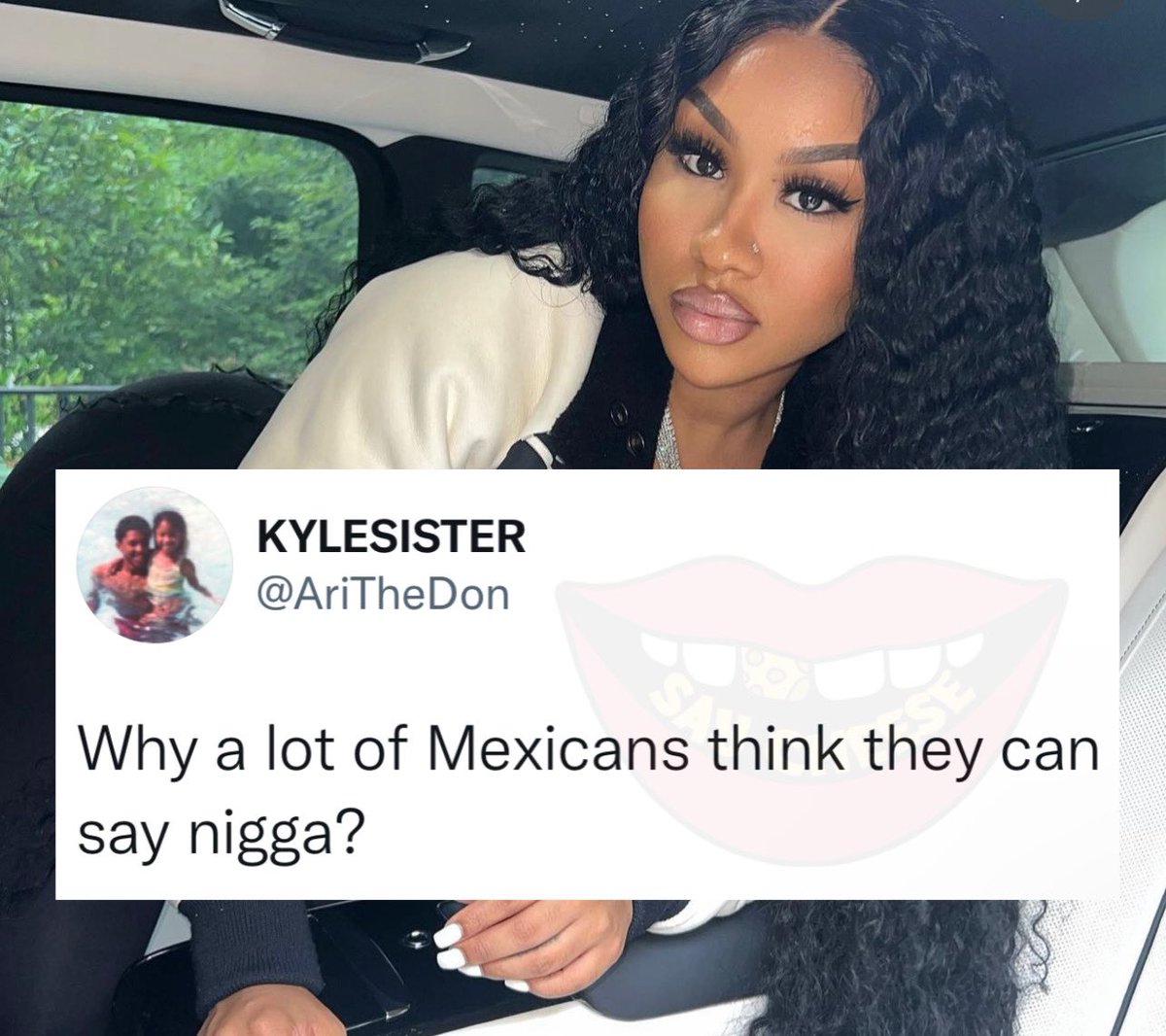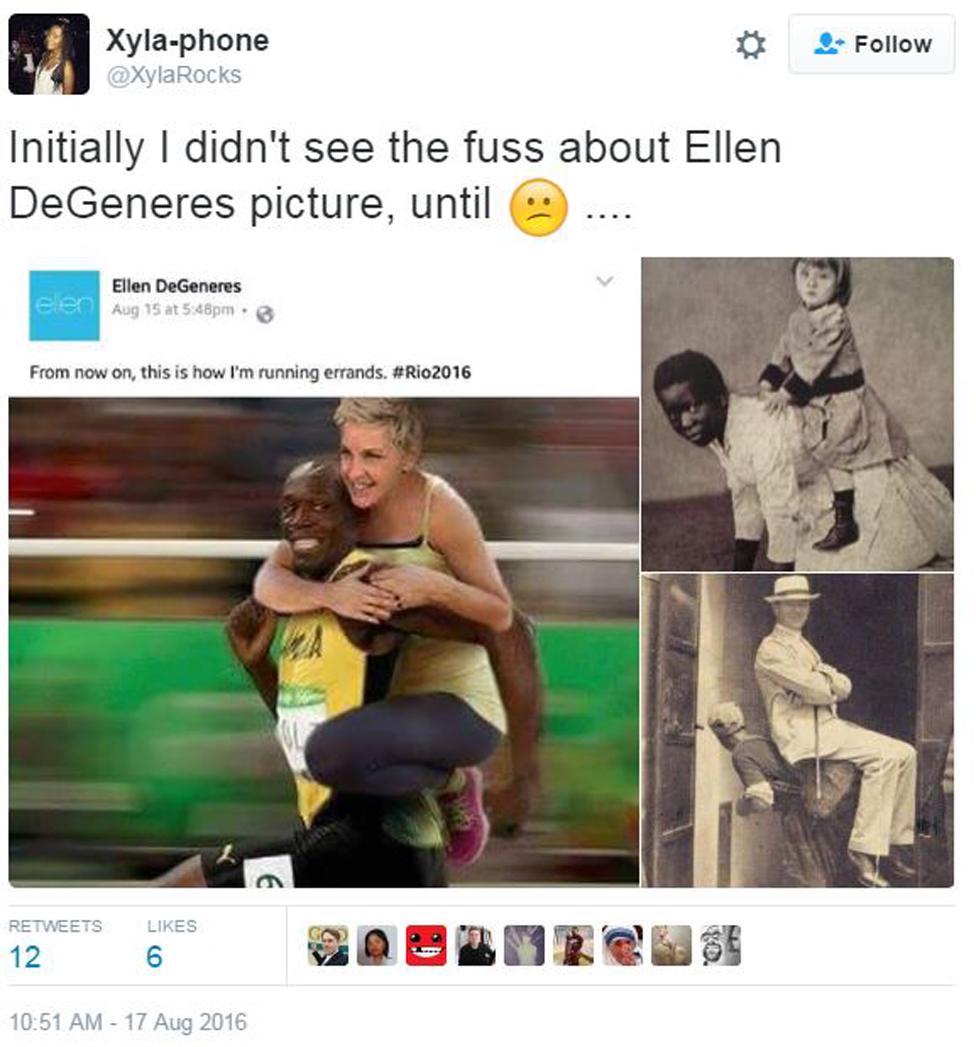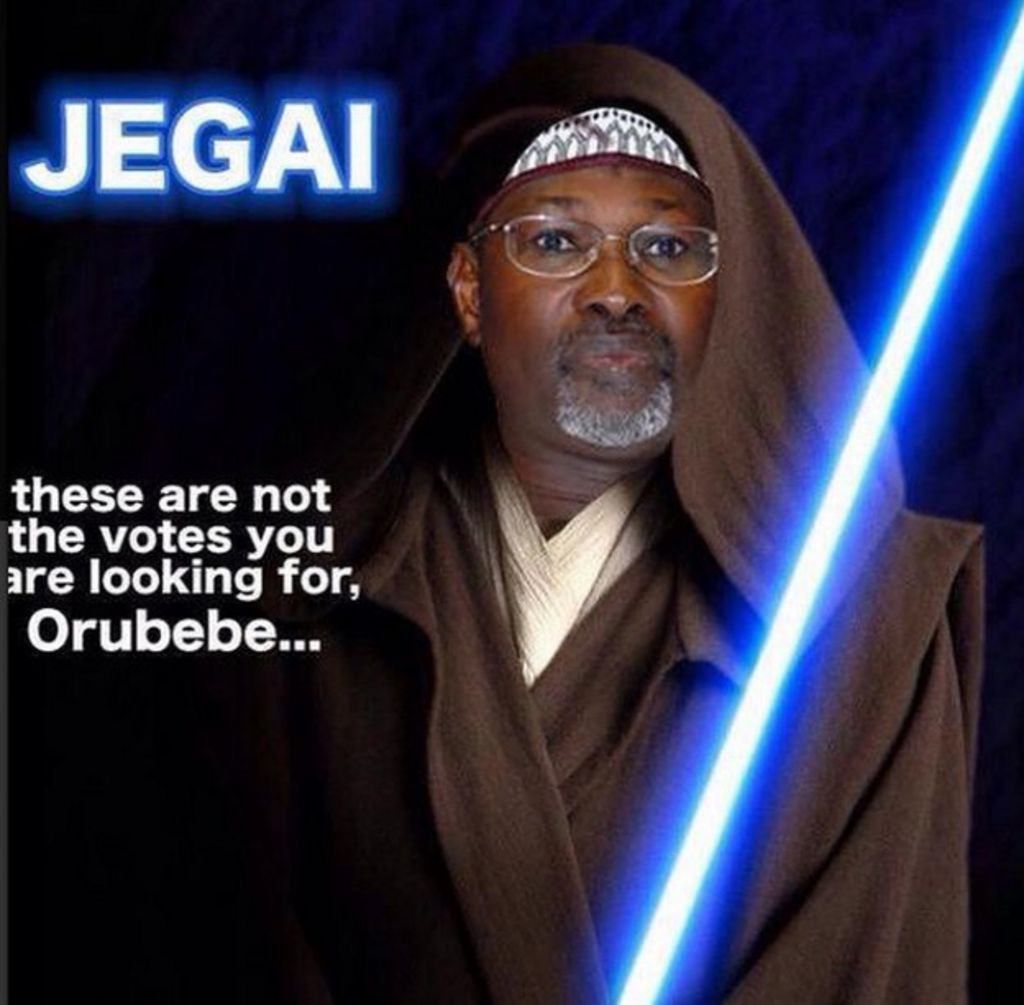Understanding 'Nigger Memes': A Look At History And Harm
The digital landscape, in a way, often mirrors our world's most challenging historical chapters, and sometimes, it brings uncomfortable terms right into our screens. So, when we talk about 'nigger memes,' it's really about more than just pictures or phrases online; it's about grappling with a word that carries a very heavy, very painful past. This conversation, you know, isn't easy, but it's quite important for anyone trying to make sense of language, history, and how they shape what we see and share every day.
For many, the mere mention of this word can cause a deep sense of unease, and that, is that, for a very good reason. Its journey through time, from its earliest uses to its current place in online content, is a stark reminder of racial oppression and the lasting hurt it leaves behind. Understanding this trajectory, you know, helps us grasp why certain online expressions, like these memes, are not just offensive but also deeply damaging to communities.
This article aims to shed light on the historical background of this term, how it came to be so hurtful, and why its appearance in memes is something we really need to think about. We'll explore the word's origins, its evolution, and the significant impact it has had, and continues to have, on people, particularly those from African American backgrounds. It's about, you know, recognizing the power of words, even in what might seem like casual online spaces.
Table of Contents
- The Deep Roots of a Troubling Word
- From Common Speech to a Weapon of Hate
- "Nigga" Versus "Nigger": A Complex Distinction
- The Confusion with Country Names
- A Community's Fight for Identity
- The Rise of 'Nigger Memes' and Their Impact
- Why Understanding This History Matters for Online Content
- Frequently Asked Questions
- Conclusion
The Deep Roots of a Troubling Word
The word "nigger" has, you know, a very long and complicated past, reaching back further than many might realize. Its earliest origins, actually, trace back to the Latin word "nig," which simply meant "black." This, in itself, seems quite innocent, just a descriptive term for a color, right? However, its meaning took a very dark turn as it became specifically associated with the enslaved Black people kept by Arab communities. So, it transitioned from a general descriptor to a label tied to a system of human bondage, which is, obviously, a pretty significant shift.
This historical connection to slavery is, in some respects, the very foundation of its deeply offensive nature. It's not just about the sound of the word, but the weight of centuries of human suffering and dehumanization that became, you know, wrapped up in it. For a long time, apparently, it was a word used to mark individuals as property, as less than human, and that legacy, you know, really sticks with it to this day. It’s a stark reminder of how language can be shaped by, and in turn, perpetuate, cruel societal structures.
From Common Speech to a Weapon of Hate
Interestingly enough, there was a period, particularly in places like America, when the word "nigger" was, believe it or not, just a common term, used quite openly by nearly everyone. You can find it, for instance, all over the pages of Mark Twain's novels, where characters, you know, say "nigger this" and "nigger that" without a second thought. At that time, it was, apparently, just a part of everyday conversation, and the broader society, really, didn't seem to view it as something particularly bad or demeaning.
This doesn't mean, of course, that racial prejudice wasn't present; it very much was. But the word itself, in that era, hadn't yet acquired the extreme negative connotation it holds today. It was only later, as awareness grew and people started to understand the true impact of such language, that it began to be widely recognized as a deeply offensive slur. This shift, you know, reflects a broader societal awakening to the harm caused by racial discrimination and the words that uphold it. It's a powerful example of how public perception and understanding can, over time, change the very essence of a word's meaning.
"Nigga" Versus "Nigger": A Complex Distinction
The term "nigga" is, you know, often seen as a shortened version of "nigger," and for many, it carries a slightly different, perhaps less intensely uncomfortable, feel. This distinction is, actually, a rather complex one, especially within the African American community itself. While "nigger" is almost universally considered the most offensive, racially charged insult an outsider could use against a Black person, "nigga" has, in some contexts, been reappropriated.
For example, among some younger Black individuals, especially in certain social circles, using "nigga" among friends is quite common. It's like, a term of endearment or familiarity, a way of acknowledging shared experiences, almost. However, it's really important to stress that this internal use does not, in any way, grant permission for outsiders, especially non-Black individuals, to use the word. As a matter of fact, it remains deeply offensive when used by someone outside the community, especially in a derogatory way. The power in the word "Nigga," as one rapper put it, lies in who uses it and how, highlighting the nuances of language within specific cultural contexts. It's a word that, basically, holds different meanings depending on the speaker and the situation.
The Confusion with Country Names
There's also, you know, a common point of confusion when it comes to the word "Niger" and its connection to the countries of Niger and Nigeria. It's worth noting that the names of these nations are simply derived from the Niger River, which is, of course, a major geographical feature in West Africa. The similarity in spelling to the derogatory term "nigger" is, basically, just a coincidence, a case of words that look alike but have entirely different origins and meanings.
For instance, the idea that these countries should change their names because of what the word "nigger" has come to mean in America is, frankly, a bit misplaced. The evolution of a word's meaning in one specific country, like the United States, doesn't, you know, automatically apply to national names or terms that have their own distinct historical and linguistic roots. The names Niger and Nigeria are tied to their geography and history, quite separate from the painful history of a racial slur in another part of the world. So, it's important to keep those distinctions clear.
A Community's Fight for Identity
The history of how African Americans have named themselves, and been named by others, is, in a way, a powerful story of resistance against a system of racial hierarchy. From, you know, rejecting terms like "negro" and "black" at various points, to seeking out new names that truly represent their identity, it's been a long journey. This struggle is, actually, about more than just words; it's about reclaiming dignity and challenging the ways in which dominant groups have tried to define them based on skin color.
The term "negro," for example, which comes from the Latin for "black," was once widely used and, for a time, didn't carry the same strong negative connotation it does today. However, as the fight for civil rights progressed, the community increasingly rejected such terms, seeing them as remnants of a past where their identity was imposed upon them. This continuous process of seeking and, sometimes, rejecting new names reflects a deep desire to assert self-determination and to dismantle the very idea of a "color-based class system." It's a testament to the enduring spirit of a people determined to define themselves on their own terms, which is, you know, a very human thing to do.
The Rise of 'Nigger Memes' and Their Impact
In the digital age, where content spreads incredibly fast, offensive language, sadly, finds new ways to appear, and that includes the troubling phenomenon of 'nigger memes.' These are, basically, online images, videos, or phrases that incorporate the slur, often in an attempt to be edgy, shocking, or, in some cases, to genuinely promote hateful messages. You know, some examples from the provided text include phrases like "Hello nigga" paired with staring animals or "sigma stare" images, or even edits of characters saying slurs.
The problem with these memes is, truly, multifaceted. First, they normalize a word that has a profoundly painful and violent history, making it seem less harmful than it actually is. Second, they can cause significant distress and harm to individuals and communities who are directly impacted by racial slurs. Even when used "ironically" or "for shock value," the underlying message of hate and dehumanization can, you know, still be very much present. The casual spread of such content, like the "broke nigga alert meme" or the "niggernavy" typo, really highlights how quickly offensive language can be amplified online, reaching a vast audience without proper context or consideration for its impact. It's a stark reminder that online spaces, basically, aren't always harmless playgrounds.
The creation and sharing of these kinds of memes, you know, often ignore the deep historical pain associated with the word. They can perpetuate harmful stereotypes and contribute to a hostile online environment for Black individuals. When people encounter content that mocks or trivializes their historical suffering, it can be, you know, incredibly isolating and hurtful. This is why discussions around such memes are so important; they force us to confront the real-world consequences of online behavior. It’s about recognizing that what might seem like a joke to some is, in fact, a source of genuine pain and anger for others, and that's a very important distinction to make.
Why Understanding This History Matters for Online Content
Knowing the full, complex history of a word like "nigger" is, you know, absolutely vital for anyone creating or consuming online content today. It's not just about avoiding offense; it's about understanding the profound historical context that gives words their weight. When memes or other digital content use such terms, they tap into centuries of pain, discrimination, and struggle, whether intentionally or not. This historical awareness, you know, helps us see beyond the surface-level humor or shock value and recognize the deeper implications.
For content creators, this means taking responsibility for the messages they put out into the world. It’s about being mindful of how words resonate with different communities and understanding that even seemingly harmless jokes can carry unintended, yet very real, harm. For consumers, it means developing a critical eye, questioning the origins and impact of the content they encounter, and choosing not to amplify messages that perpetuate hate or prejudice. We can learn more about responsible online communication on our site, and it's something we should all, basically, strive for. This commitment to thoughtful engagement with online content is, really, a step towards fostering a more respectful and inclusive digital space for everyone, and that's a pretty good goal to have, you know?
Frequently Asked Questions
Why is the word "nigger" considered so offensive?
The word "nigger" is considered deeply offensive because of its long history as a racial slur used to dehumanize and oppress Black people, especially during slavery and subsequent periods of racial discrimination. It carries the weight of centuries of violence, prejudice, and systemic injustice, making it a symbol of profound disrespect and hatred. So, it's not just a word; it's a historical weapon, you know?
Is "nigga" always offensive, even when Black people use it?
While "nigga" is a derivative of "nigger," its usage is complex. Within some segments of the Black community, particularly among younger individuals, it has been reappropriated as a term of familiarity or endearment. However, when used by outsiders, especially non-Black individuals, it remains deeply offensive and inappropriate. It's really about context and who is speaking, and that's a pretty important distinction to grasp, you know?
How can I help combat the spread of offensive memes online?
You can help combat the spread of offensive memes by refusing to share them, reporting them to platform administrators, and educating others about the harmful history and impact of such language. Supporting initiatives that promote digital literacy and respectful online communication is also very helpful. It's about being an active participant in creating a more positive online environment, and you can find more resources on this page, too, which is great.
Conclusion
The journey of the word "nigger" from an ancient Latin root to a deeply offensive slur, and its unsettling appearance in 'nigger memes,' really highlights the profound connection between language, history, and social impact. It shows us, quite clearly, how words can evolve, carrying with them the scars of past injustices and continuing to inflict pain in new forms, even in the seemingly lighthearted world of online content. Understanding this history isn't just an academic exercise; it's a vital step towards recognizing the harm caused by such terms and, you know, taking responsibility for the content we create and share.
Ultimately, the presence of these memes serves as a stark reminder that the fight against racism and prejudice is ongoing, even in digital spaces. It calls upon all of us to be more thoughtful, more empathetic, and more informed about the language we use and encounter. By choosing to educate ourselves and others, we can, you know, help foster a more respectful and inclusive online environment where the power of words is used to build up, rather than tear down. For more information on the broader history of racial slurs and their societal impact, you might find resources from organizations dedicated to civil rights quite informative, actually.

Jadon on Twitter: "RT @SaycheeseDGTL: ARI wants to know why Mexicans

Why do some people think this meme is racist? - BBC News

Nigerian election in memes - BBC News